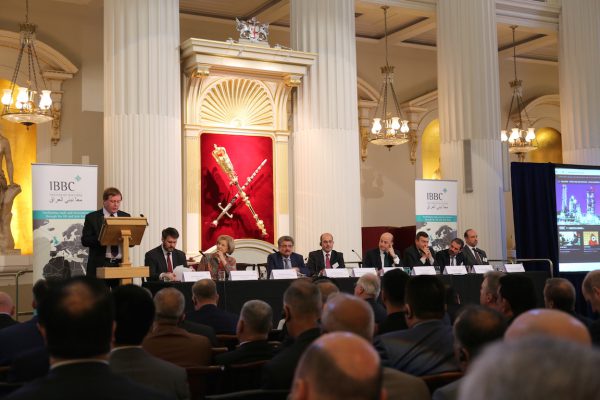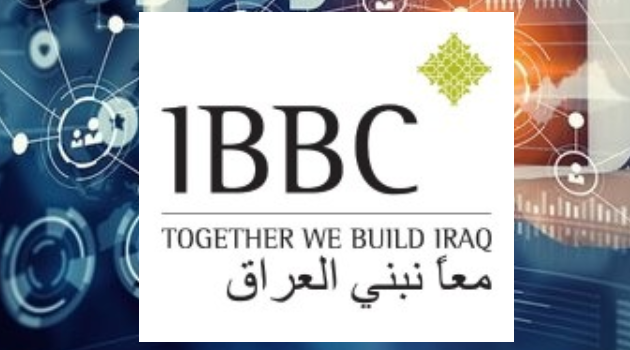By John Lee.
Iraq’s Higher Committee for Health and National Safety held a meeting in Baghdad on Sunday via video conferencing under the chairmanship of Prime Minister Adil Abd Al-Mahdi.
The Committee decided the following:
- From 21/04 until 22/05, the curfew hours will be between 7 PM and 6 AM Sunday-Thursday, and for 24 hours Friday- Saturday
- Current exemptions for certain business categories including bakeries and pharmacies, and key workers such as health teams and security forces, will be maintained
- Restrictions on public gatherings and social distancing rules remain in place
- Schools, universities, educational institution, sport venues, malls, wedding halls, mosques and places of worship will remain closed
- Restaurants and cafes will remain closed, but will be permitted to provide delivery services
- Shops and factories can resume work but only outside curfew hours
- Government departments are permitted to resume working, but with minimum staffing which must not exceed 25% of the workforce
- Taxis can operate, but large public transport vehicles are only permitted to carry four passengers at any one time
- International travel in and out of Iraq remains suspended as is travel between Iraqi provinces
- The wearing of face masks outside the home becomes compulsory, and those who do not comply with the rule will face legal action
Supporting Iraq’s health workers
The Committee discussed measures to support Iraqi frontline health workers and agreed to:
- Make a monthly bonus payment to frontline health teams who are caring for Covid-19 patients
- Allocate, free of charge, a plot of land to all health workers who are caring for Covid-19 patients
- Request the General Secretariat of the Council of Ministers to prepare a draft law to double the period of service of frontline health staff during the current emergency for the purpose of calculating future pensions; the law will also seek to extend the retirement age for doctors
The Committee urged all Iraqis to continue to follow health instructions and guidelines, and to only leave home when it is absolutely necessary.
For the latest Covid-19 updates, please visit: https://www.facebook.com/MOH.GOV.IQ/
(Source: Govt of Iraq)













